
What software reports should I look at?
October 16, 2024
A friend who is a dental CPA and practice management speaker asked us the other day what reports from practice management software should be reviewed by a practice owner. Here is our answer: Using PMS Reports to Monitor Your Practice Obviously, there is no report called “Is embezzlement

How to Divide Duties Between Team Members
September 09, 2024
There have been a lot of articles written that give dentists vague encouragement to allocate duties between team members as a way of lowering embezzlement risk. However, what most of these articles are lacking is any practical advice on how do do this. This lack of clear direction leaves a dentist in a
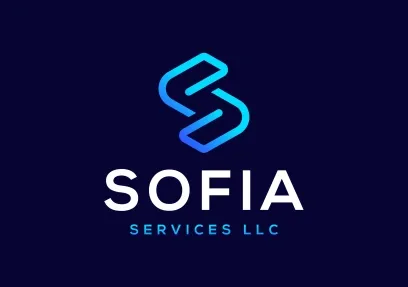
Introducing SOFIA
July 05, 2024
Introducing SOFIA consulting services For when following your instincts isn’t good enough “Trust your gut.” We have all heard, followed, and probably given that advice. And, in situations where a problem is not solvable quantitatively, making decisions by intuition is the only way. Traditionally, dentists

Articulation - Prevention's Best Kept Secret
When we use the word "articulation" when speaking with a dentist, inevitably we evoke an image of the mandible and maxilla functioning in harmony. There is a second concept of articulation in dentistry, and it is one that most dentists have not been exposed to. This second articulation, which is labeled

What to do (and not do) if embezzlement is suspected
March 26, 2025
If you have embezzlement concerns, click this link to download a vital checklist of dos and don'ts:

The risks posed by Artificial Intelligence to Dental Practices
June 05, 2024
Unless you live in a cave, you have probably heard a lot about Artificial Intelligence lately. AI can drive cars, filter spam from your inbox (Yay!), and tailor the ads you see when browsing to suit your preferences. Applications that seem to be straight from science fiction are on the horizon.

Asked on justanswer.com -- I have embezzled over $30,000 from a dental practice that I worked in. What should I do?
May 06, 2024
Here is a conversation between an anonymous person and an attorney at justanswer.com. Note how the thief confesses to under-reporting the amount stolen to her dentist. I have embezzled over $30,000 from a dental practice that I worked in. I want to repay it. I have

It’s Not Just Cash That Gets Embezzled!!
May 03, 2023
We live in a society that is becoming increasingly “cashless.” The convenience of using debit and credit cards for transactions started the trend.

Is there a psychological test that will allow you to flag employee dishonesty?
January 21, 2023
We recently were asked this question by a dentist and thought that discussion of psychological testing for dishonesty is something that we should address.

Electronic Funds Transfers – 7 Reasons they are Dangerous
November 26, 2022
Both insurance companies and dental practices have long appreciated the convenience of electronic funds transfers as a method of payment.

The Coming Storm
October 22, 2022
The chorus in the financial press is growing that a storm of recession is on the horizon. Inflation has been described as “too much money chasing too few goods.”

“Call the Police” and Other Myths of White Collar Crime.
May 30, 2022
Should I call the police if I think I have been embezzled? I have recently been involved in a couple of Facebook discussions that had a common element that I wanted to share with you.
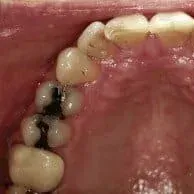
The Ugliest Filling Ever
May 10, 2022
Let’s think about the control systems in place in your practice. Everything from the “balancing” done by staff at the end of each day to what you as a practice owner review to how the burglar alarm in your practice operates.

Own Your Stuff! Practice Financial Management
December 23, 2021
Dental practice financial management requires a practice owner to have some involvement in the financial operations of their practice.

Hiring Properly in a Tight Labor Market – 6 strategies
September 03, 2021
A common theme at conferences and in dental media lately is a shortage of people to hire ,and hiring properly has become a high challenge.
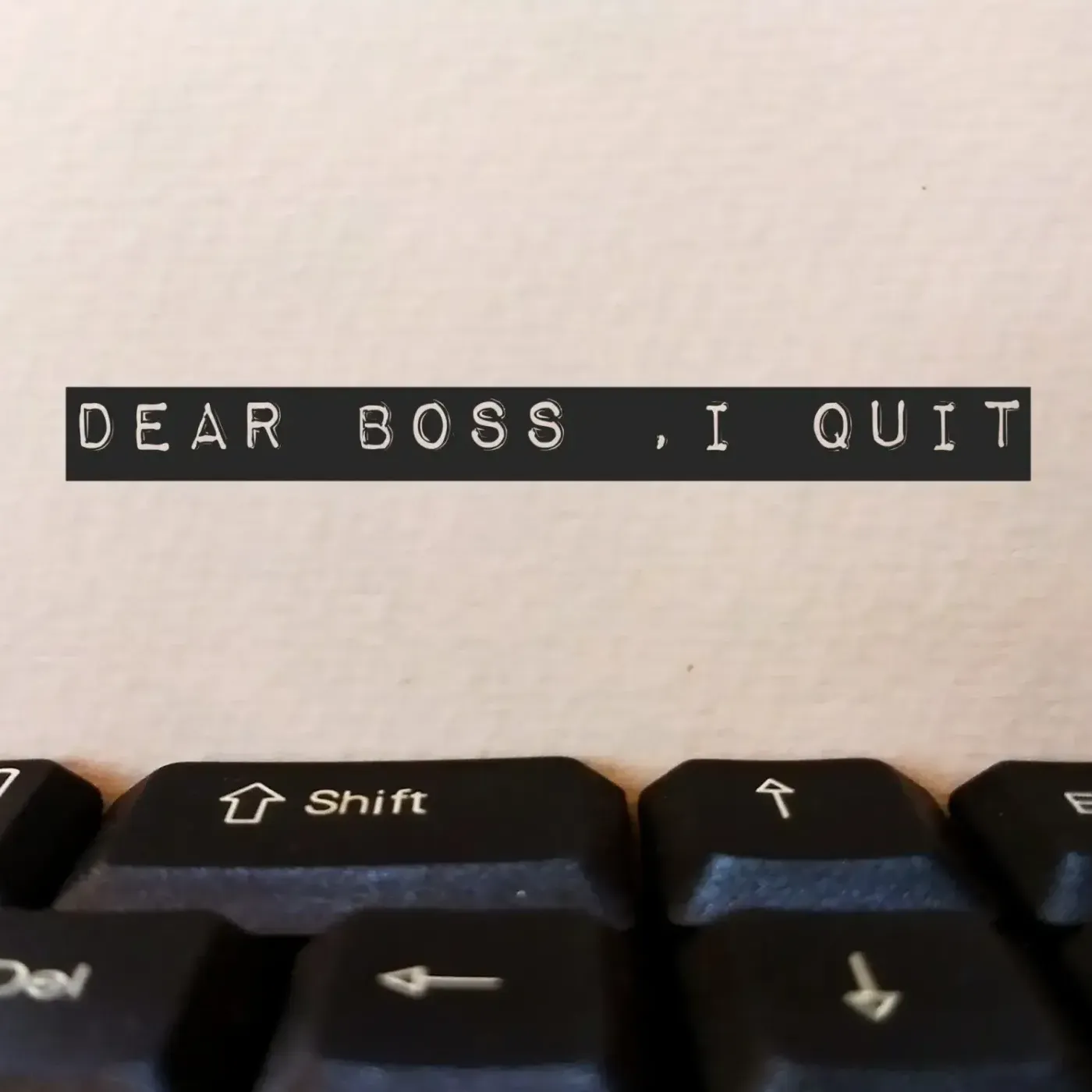
My Office Manager Quit Suddenly. I’m Devastated. Now What? 3 things to know
August 30, 2021
Sooner or later, every practice owner receives this unwelcome news. Your office manager quits suddenly. He or she is the key to the smooth functioning of your office.

The “Policy Vacuum”
July 30, 2021
Our CEO once said that embezzlers will happily fill gaps in a practice’s policies to their advantage. So what are these policy vacuums, and how do embezzlers exploit them?

A Whistleblower Policy Can Increase Your Chances of Staff Coming Forward With Concerns About Embezzlement!
May 29, 2021
We have noticed an interesting phenomenon in dentistry. When you look at all types of business in aggregate, “whistleblowers” are responsible for detecting 43% of embezzlement.

The Dangers of Virtual Credit Cards
May 19, 2021
Some insurance companies make payments to practices by creating virtual credit cards with credit balances and then providing the card numbers.

I’m a New Practice Owner. What Should I be Doing to Protect My Practice?
April 29, 2021
Embezzlement protection involves a few big steps and a lot of small items, and they can seem daunting for a new practice owner. For this post, let’s address the big items.

How Secure is my Practice Management Software?
October 28, 2020
Is there a brand of practice management software that is better at protecting a doctor against embezzlement? What is the most secure software?
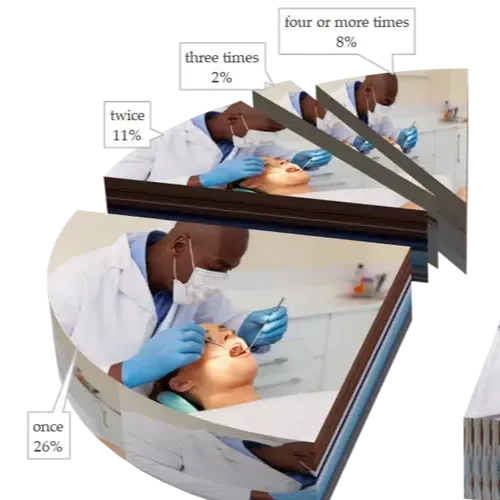
How Big Is the Embezzlement Problem? Almost 50% of dentists have already been victims of employee theft
September 30, 2020
Embezzlement has been around since the beginning of recorded history.

Profiles of Embezzlers – 2 Traits of Those Who Steal Your Money
August 30, 2020
Like every private investigator, I consider myself an armchair psychologist. From my observation, many Greedy thieves display sociopathic characteristics and also markers of a narcissist.

Protect Yourself As an Associate Dentist
August 17, 2020
While most of this website is oriented towards owners of dental practices, we would be remiss if we didn’t address the topic of associate dentists.
Delegation versus Abdication
July 20, 2020
Delegation is essential to the financial well-being of a practice. The existence of well-trained clinical and administrative staff allows a practice’s doctors to focus on their unique (and high value) competencies. The concept of clinical delegation is well-understood by dentists and is something first encountered in dental school.

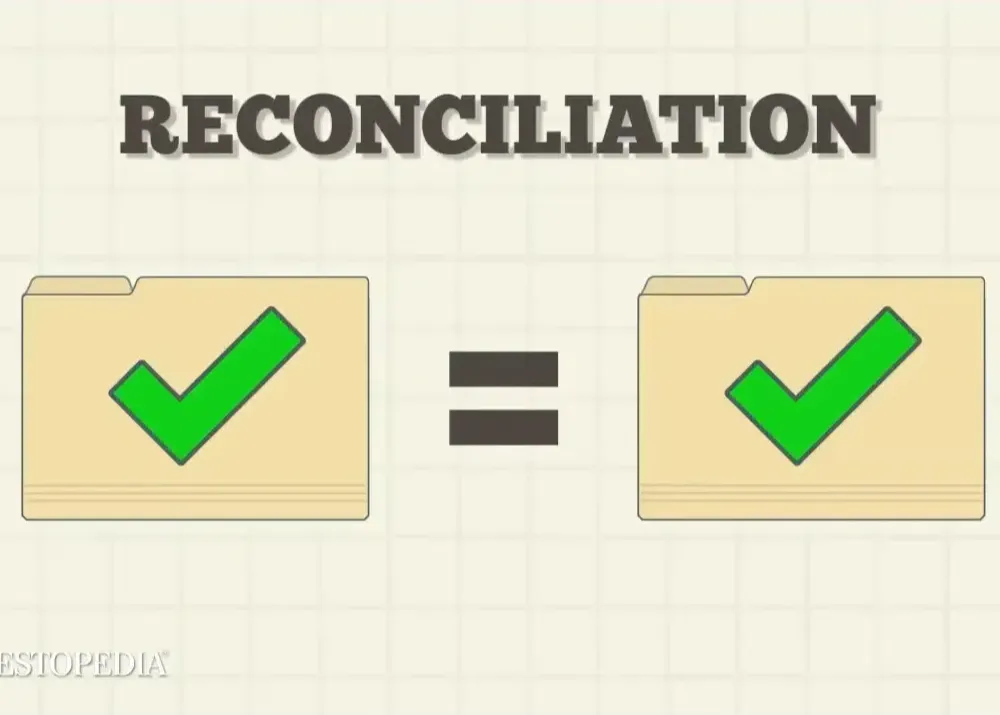
Reconcile or Reckless? You Choose!
June 01, 2020
(Editor’s note — the concepts for this article were first presented in a webinar presented by the authors in May 2020. When someone wants to embezzle from you, their approach is predictable. Thieves begin by asking themselves whether the reconciliation process used in your practice is thorough and complete.
2019 ADA Survey Addresses How Dentists Discover Embezzlement
May 30, 2020
The American Dental Association’s Council on Dental Practice recently released the results of a survey completed last year on embezzlement.
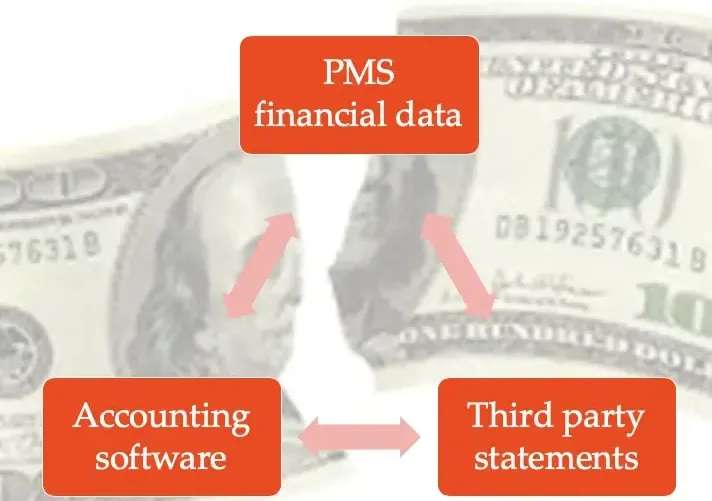
Month-end Reconciliations – A Masterclass in 6 easy steps
May 19, 2020
Thorough month-end reconciliations are critical to uncover revenue anomalies, errors, and embezzlement.
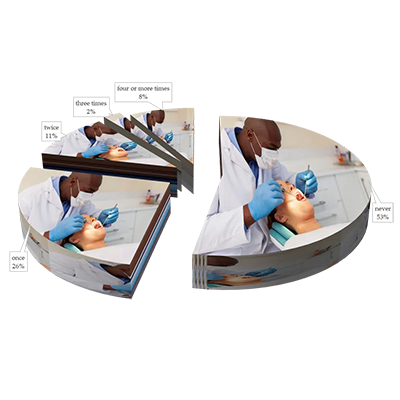
ADA says Embezzlement is Increasing
May 01, 2020
The American Dental Association’s Council on Dental Practice recently released the results of a survey completed last year that show that dental practice embezzlement is increasing.
Deleted Transactions — Hidden Gems
February 10, 2020
Deleted transactions are overlooked and ignored to our detriment. One must purposely seek to find these hidden gems to uncover the dark stories they tell.

Daily Balancing – the Right Way
January 26, 2020
Everyone knows that daily balancing is a key safeguard for your practice’s finances, but there is very little information available to a dentist on how to do it properly.
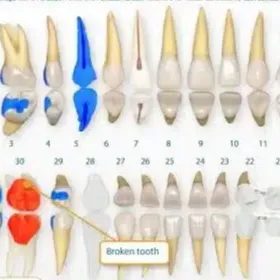
Practice Management Software can Lie
December 30, 2019
A dentist in a Facebook forum states that embezzlement cannot be happening in his or her practice because they “check their practice management software daysheet every single day.”
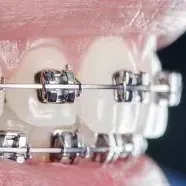
Embezzlement In Orthodontic Practices – Make Sense of the Mess and Avoid a $100,000 headache
October 30, 2019
Embezzlement in orthodontic practices takes place with more frequency than in general dental practices.
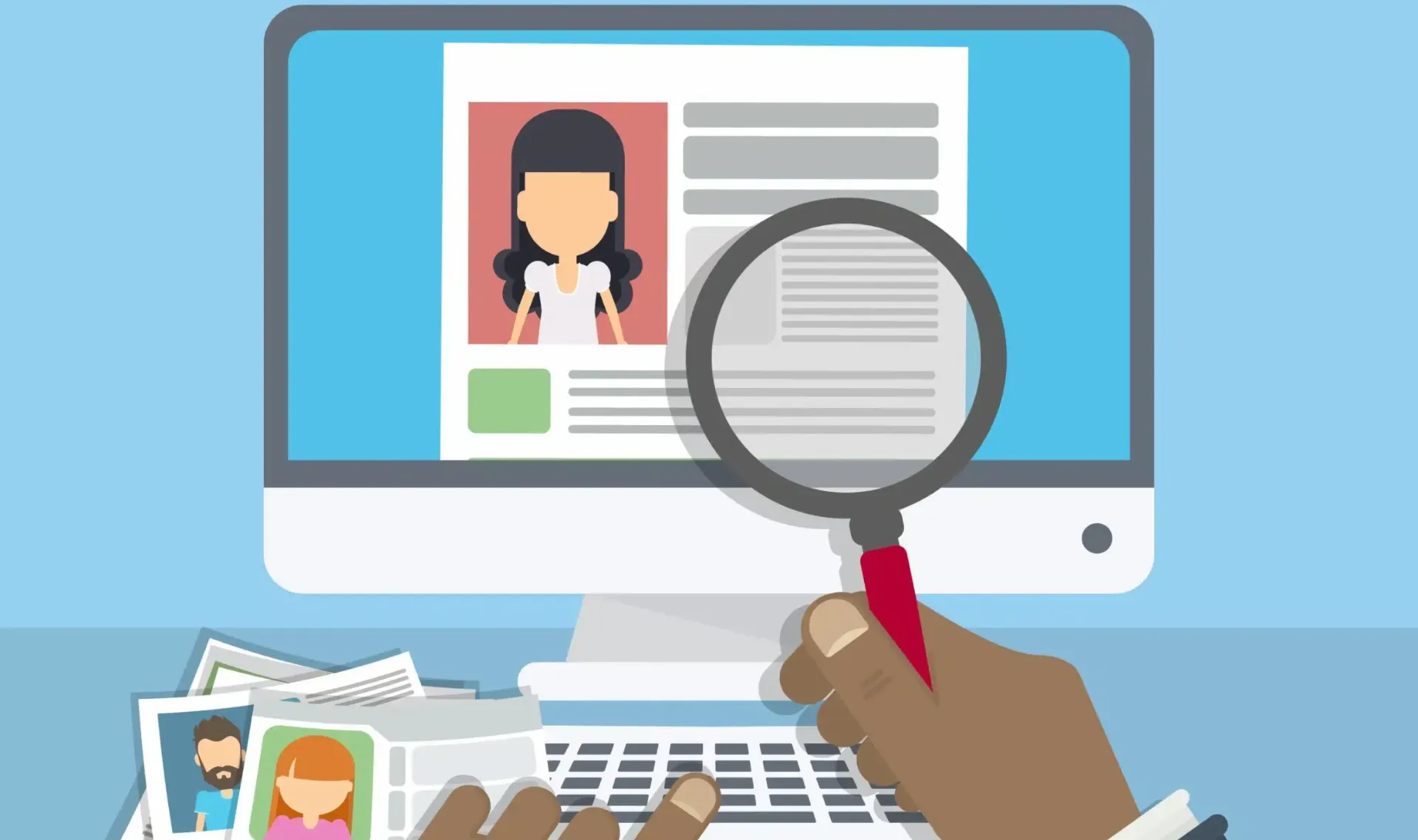
How to Read a Resume Critically to Avoid a Critical Hiring Mistake – 20% of Embezzlers Have Done It Before!
September 26, 2019
It continues to amaze us that the people who we refer to as “serial embezzlers” continue to find jobs in dental practices.
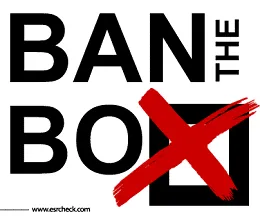
I Live in California, and I Have Been Told That I Can no Longer Check Criminal Records When Hiring. Is this true?
September 26, 2019
No — you can check criminal records. California is one of 13 “Ban the Box” states.
Trust, Then Verify; Systems That Win
March 29, 2019
The following is an excerpt from David Harris’ upcoming book on protecting yourself from embezzlement. Stay tuned for the book release.
Why do People Steal from Dentists? 3 Preconditions Exist
February 27, 2019
One of the most frequent comments we hear once the identity of an embezzler is confirmed is that he or she is “the last person I could imagine stealing”.
“My Day-end Report Balances to my Deposit, so I Must Be Safe From Embezzlement”
January 30, 2019
We hear this a lot from people discussing embezzlement with us. They say that they always check that their day-end report balances to their deposit.
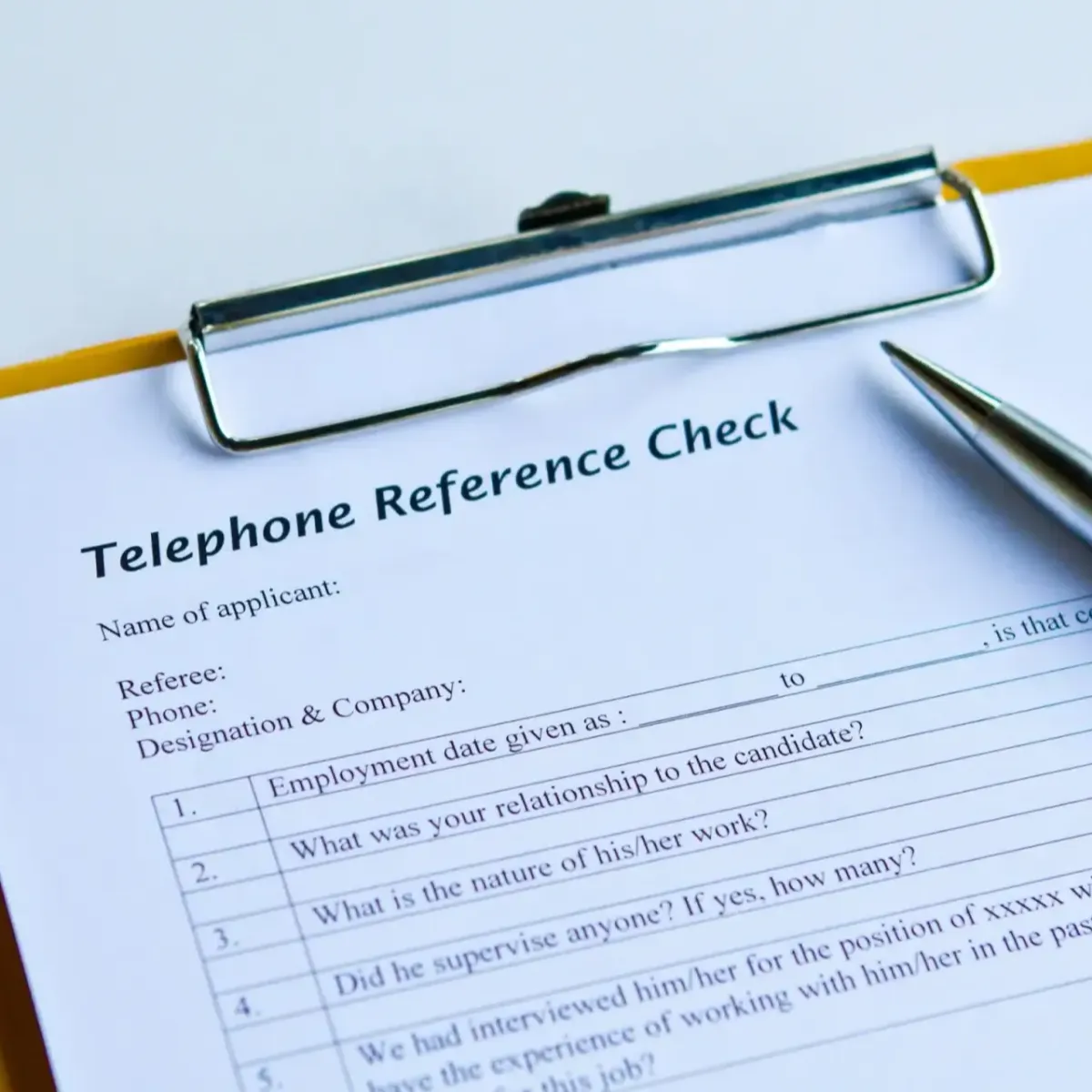
Why Caution Is Needed When Checking References
November 05, 2018
Reference Check Essentials: Helping You Master Your Hiring Process
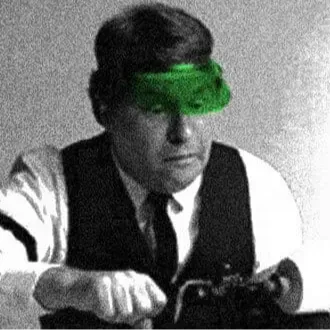
Why didn’t my accountant find the embezzlement?
August 10, 2017
My accountants just did my year-end three months ago. How could they possibly miss the embezzlement that Prosperident found?

Is my practice immune from embezzlement? 70% of dentists will be embezzled by staff
July 03, 2017
“I live in a small town…” I’m not referring to the catchy John Mellencamp tune of the 1980s (although I did like the song).
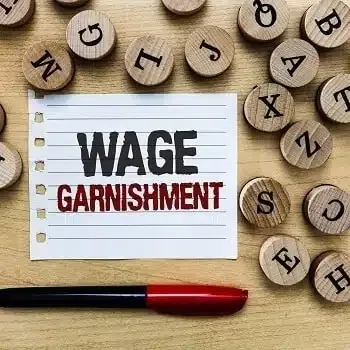
Garnisheed wages – I just hired someone and then got notice that their wages are garnisheed for a $3,200 debt. Should I fire them?
February 15, 2017
I have a question as I have a client that recently hired somebody and shortly after she started he got notice that her wages are garnisheed to pay off $3,200.00.

Doing Proper Backups
February 01, 2017
We all know that data is important, and we need to back it up. Whether a hard disk stops working, or your network has been invaded by “ransomware,” ensuring that you are doing proper backups can definitely save your bacon.
Should I fire an employee if I find out that they have embezzled from someone else in the past?
January 06, 2017
Over the past week, I’ve encountered a couple of similar situations, which leads me to believe that this scenario is worthy of my writing about it.

What NOT To Do If You Suspect You Have Been Embezzled
December 06, 2016
As dentists, we have invested enormous time and resources obtaining our education, growing our practices, and pursuing other professional endeavors.

If my day-end report balances to my bank deposit, can I still be embezzled?
November 30, 2016
Many dentists believe that if the practice management software day-end report balances to their bank deposit, embezzlement is not happening in their practice.
What Squirrels and Embezzlers Have In Common
November 29, 2016
I was discussing embezzlement with my friend Rick Willeford a few months ago. Rick is a CPA and engineer who founded DentaMetrix, a company that helps dentists and consultants make sense of their data.
Ten Great Embezzlement Monitoring Ideas
November 03, 2016
Here are ten steps that take very little time but can make your practice much safer from embezzlement.

Let’s Talk About “Trust”
August 30, 2016
The Mirriam-Webster Dictionary describes trust as “ assured reliance on the character, ability, strength, or truth of someone or something.”
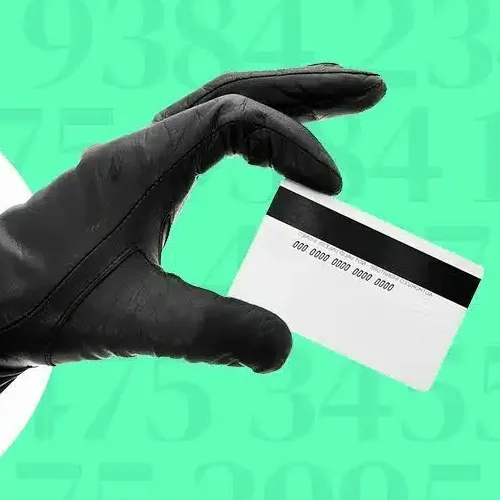
Someone who works at a dental office actually asked this (stupid) question online about using a stolen credit card. Would she have any hesitation about embezzling?
August 29, 2016
Will I get caught if I charged a stolen credit card?
Two big embezzlement myths
June 10, 2016
I’ll devote this column to addressing some of the misconceptions about embezzlement that just won’t seem to go away.
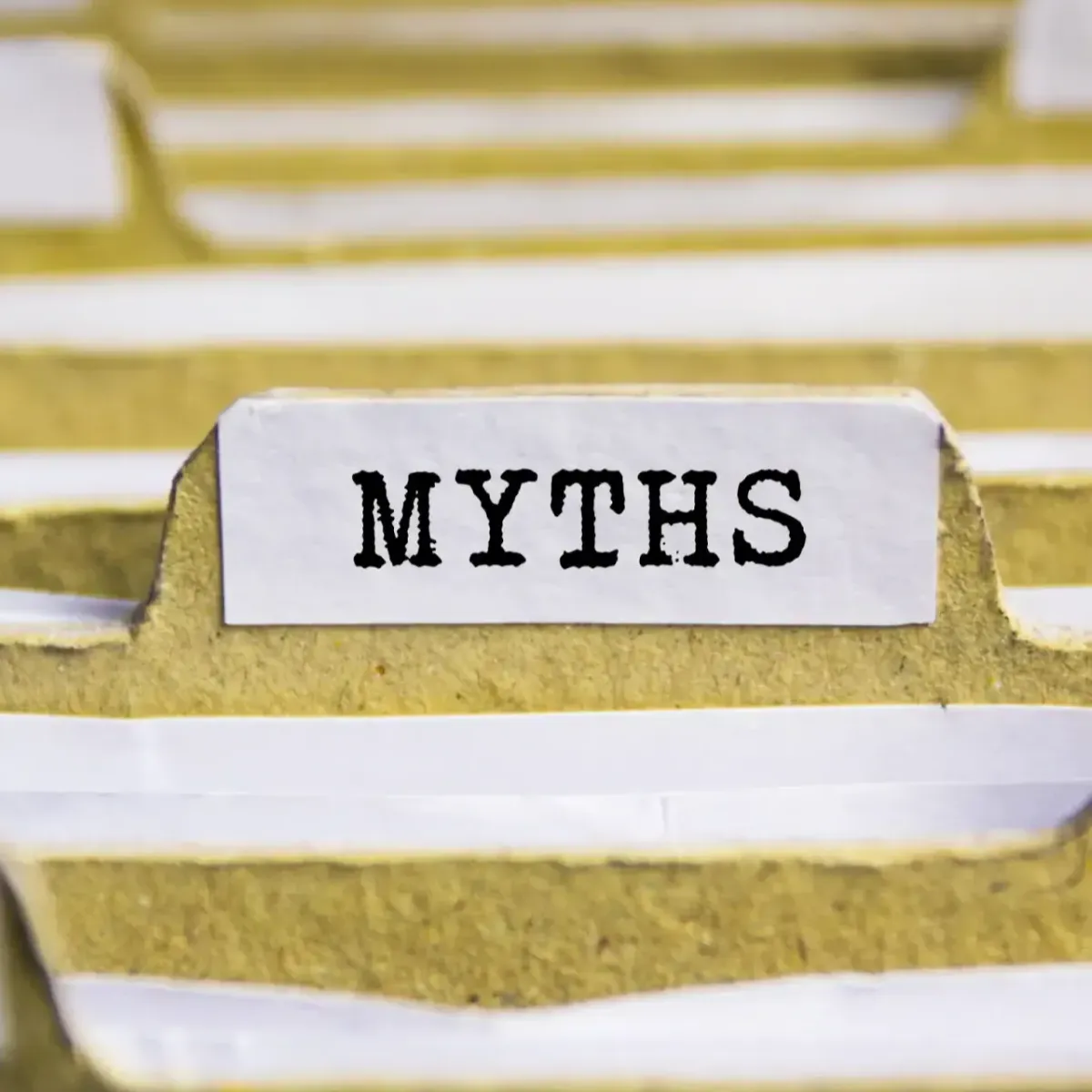
The Myth of Fraud Prevention
May 20, 2016
There are a lot of “urban myths” about embezzlement that will not disappear. As a result, embezzlement is flourishing in dentistry.
The Truth About Embezzlement – Orthodontic Products
April 29, 2016
Building a successful orthodontic practice is no small feat. It takes unwavering commitment, good marketing skills, smart business sense, and a dedicated support staff.
Don’t Underestimate the Embezzler by David Harris, MBA CMA, CFE, and Pat Little, DDS, FAGD CFE – Orthotown
April 29, 2016
As investigators, one thing we encounter every time we speak to a group of orthodontists is that, in the area of embezzlement, they consistently underestimate the capabilities of their opponents.
Darren Kaberna — You Just Discovered Embezzlement, Now What?
April 04, 2016
The Prosperident team does an amazing job of uncovering and assisting you in dealing with the legal issues around embezzlement. You now have this done, are feeling violated, and are not sure how to recover. Now what?
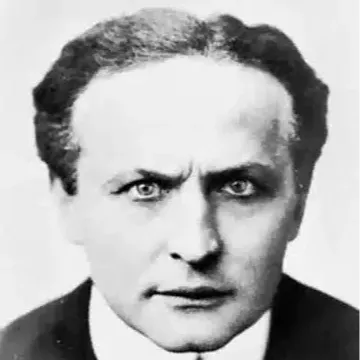
What Dental Practice Embezzlers and Houdini have in Common
February 27, 2016
Houdini was a master illusionist. Since many of his stunts were performed in full view of his audience, he relied on two key elements to perform the impossible.

The Mind of the Embezzler
February 10, 2016
I’ve often said that our embezzlers fall neatly into two categories, which I labeled the “Needy” and the “Greedy.” Let’s take you inside the mind of the embezzler.

Why does it take YEARS for someone who embezzles to go to jail?
February 10, 2016
Something that surprises victims is the painful slowness with which the justice system operates.
I’ve Heard That If I Suspect Embezzlement, Stealth Is Important. Why?
February 04, 2016
When an embezzler thinks that he or she is about to be discovered (and possibly go to jail, have their friends read about them in the newspaper, have their spouse find out about their illegal activities, etc.), their thoughts turn to self-preservation.
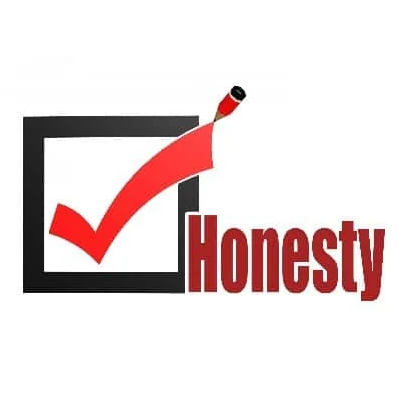
Test honesty of your staff? $50 temptation?
February 04, 2016
I have seen a few people advocate dentists setting up a plan to test honesty of their front desk staff.
Eight Things Dentists Misunderstand About Embezzlement
February 04, 2016
Reports suggest that more than half of dentists will eventually be victims of embezzlement. Dental practitioners can benefit from increasing their knowledge about embezzlement and how to deal with it effectively.
My Embezzlement Problem is Solved — My Embezzlement Suspect Quit…
December 31, 2015
Occasionally, a dentist calls us to say that he or she found an employee stealing who was fired or quit and that, because the suspect quit, the dentist believes that the “door is closed” on this matter, and no further action is required.

Things NOT to do if you suspect embezzlement in your office
September 10, 2015
If someone is embezzling from you, they are constantly looking for signs that they are about to get caught.
Do Thieves Steal More in a Recession or When the Economy is Booming?
June 10, 2015
Something I often get asked is whether more embezzlement takes place when the economy is in trouble.

The Culture of Entitlement, Embezzlement, and Baby Boomers
February 10, 2015
Is entitlement a factor for embezzlement with certain demographics?
The Question I Get Asked Most When Speaking…
August 10, 2014
People come to my lectures looking for many things — some want CE credit; others with embezzlement concerns want information, and there are probably some seeking entertainment.
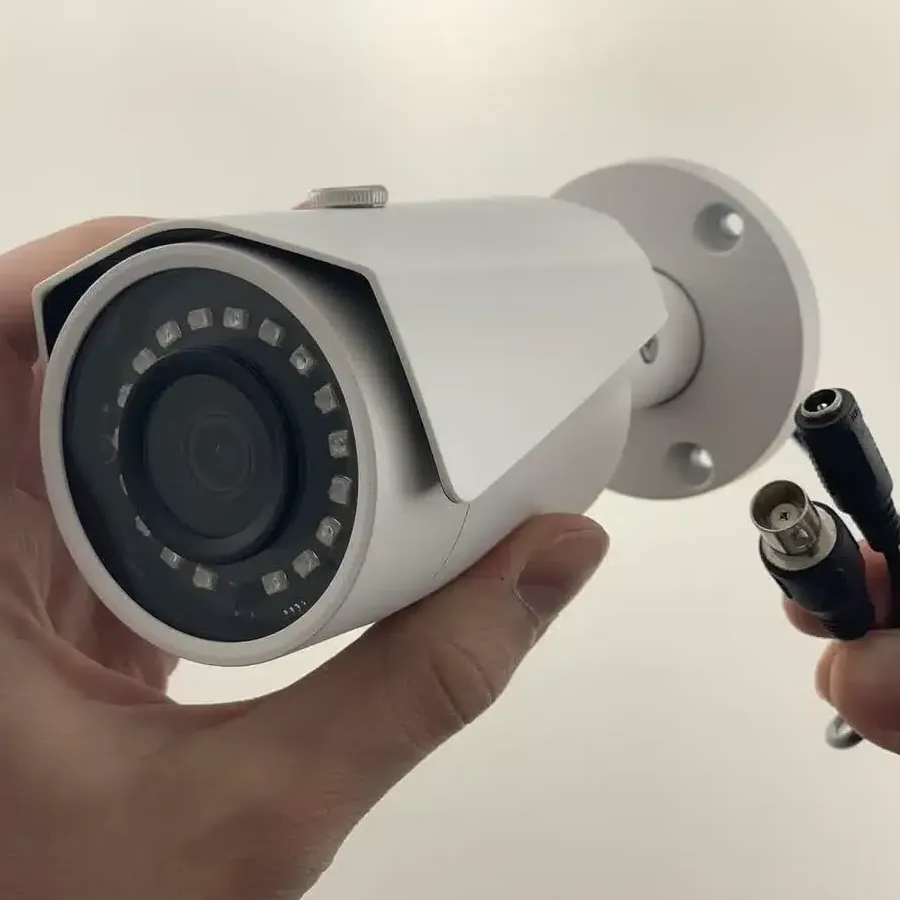
Will security cameras covering my front desk stop embezzlement?
August 10, 2013
I get asked this question a lot when I am speaking to groups of dentists, so I decided to share the answer, and the reasons behind it, with you.
How To Avoid The Biggest Hiring Mistake of Your Life
February 10, 2013
Finding a good personality fit and ensuring that employees properly project your office’s personality are topics I will leave to others.